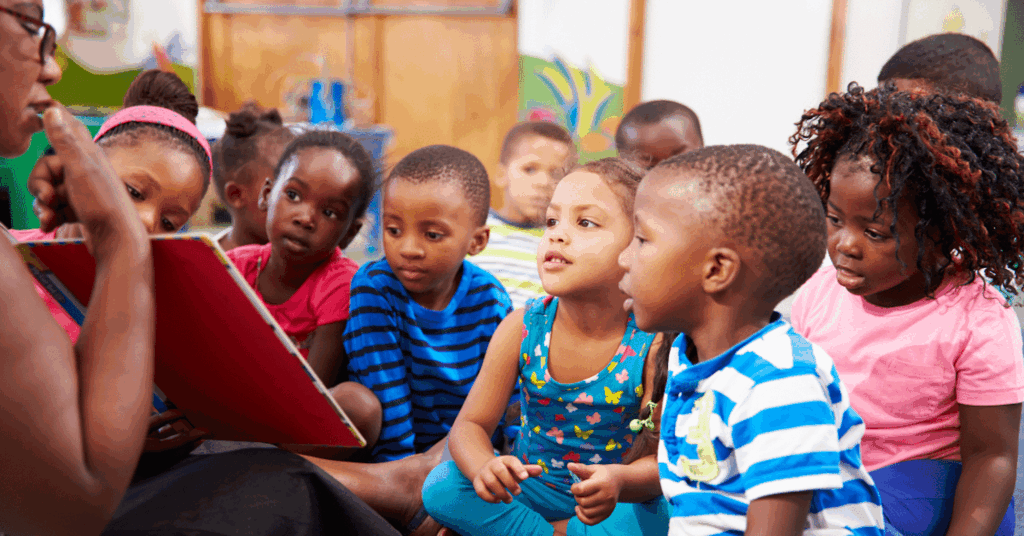Barbados is currently undergoing a significant transformation in its education system, a shift that is both exhilarating and unsettling for parents and families. Change, especially when it concerns children, often evokes a sense of uncertainty. While some aspects of this transformation are welcomed, others are met with skepticism. However, the key lies in how we respond and guide our children to make the most of these changes. One of the most notable changes is the adoption of project-based learning, which moves away from traditional rote memorization and encourages students to delve into real-world problems, explore creative solutions, and demonstrate their understanding in meaningful ways. This approach not only prepares students for exams but also for life. Additionally, play-based learning has been introduced in early education, fostering curiosity and imagination. The challenge now is to maintain this spirit throughout the entire education system. As children progress, the focus often shifts to achieving the ‘right answer,’ which can stifle curiosity and creativity. The future will present complex problems without clear-cut solutions, making it essential to teach content while avoiding the trap of valuing only correct answers. Parents play a crucial role in this transformation. While it is natural to desire academic success for their children, it is important to recognize that true achievement is driven by curiosity, persistence, and the courage to try. The rise of AI and technology presents both opportunities and challenges. While these tools can enhance access to information and creativity, they also risk diminishing children’s ability to think independently and process deeply. Teachers are grappling with how to make assessments more authentic, ensuring they measure actual understanding rather than computer-generated responses. The home environment is vital in sustaining curiosity. Research indicates that many children lose their natural curiosity around age seven due to systems that reward only correct answers. Parents can counteract this by encouraging questions, engaging in thoughtful dialogue, and supporting home projects that allow children to lead and solve problems. By fostering curiosity, resilience, and empathy, Barbados aims to develop not just better students but better individuals. This transformation may be daunting, but the ultimate goal is to create self-sufficient, fully functional, and thinking human beings. Dr. Zhané Bridgeman-Maxwell, a science educator and researcher, is at the forefront of this movement, advocating for policy shifts and pedagogical innovation to redefine education in Barbados.
